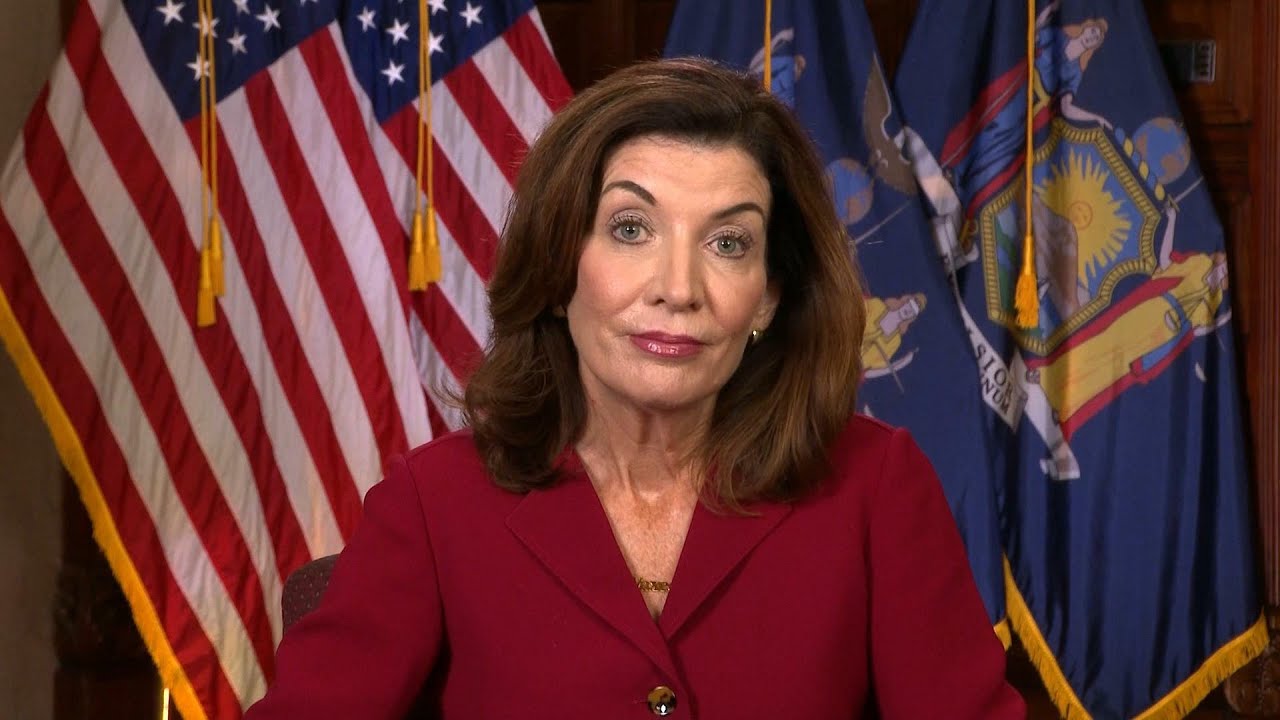In the latest episode of progressive overreach, New York Governor Kathy Hochul has signed a jaw-dropping $75 billion climate bill, gleefully nicknamed the “Climate Superfund Act.” This legislation, championed by Democrat Senator Liz Krueger and Assembly Member Jeffrey Dinowitz, aims to hold fossil fuel companies financially liable for climate change damage. The fines will target emissions dating back to 2000 and aim to raise billions for infrastructure adaptations starting in 2028. But let’s call this what it really is: a shakedown masquerading as environmental justice.
Governor Hochul claims the law will make fossil fuel companies pay their “fair share” for climate disasters. Her administration frames it as a win for the everyday New Yorker, who, according to Krueger, would otherwise face a $65,000 per household bill by 2050 to address climate change impacts. But here’s the rub: corporations don’t just absorb costs—they pass them on to consumers. Translation? That “fair share” is coming straight out of your wallet, whether it’s higher prices at the pump, increased heating costs, or more expensive goods.
Supporters argue this is about accountability and repairing damage, but the mechanics of the law are deeply flawed. Companies will be fined based on greenhouse gas emissions dating back nearly two decades, with no consideration for whether those companies are still major polluters or if they’ve made strides to adopt cleaner practices. It’s a blanket punishment designed to score political points rather than enact meaningful reform.
And what about the timing? The fines don’t kick in until 2028, conveniently after Hochul’s current term. That’s not a policy designed for immediate impact—it’s political theater designed to look bold while kicking the economic pain down the road.
The law also creates a precedent for legislative overreach that other states are sure to follow, with Vermont already jumping on the bandwagon. What’s next? Taxing tech companies for “screen time pollution” or fast-food chains for obesity rates? This approach undermines the free market and opens the floodgates for government micromanagement.
While it’s trendy to villainize fossil fuel companies, this law does little to incentivize real innovation or reduce emissions in the near term. Instead, it’s a costly virtue signal, ensuring New Yorkers continue to shoulder the burden of their state’s misguided policies. Meanwhile, fossil fuel companies will hike prices and lawyer up, leaving regular people to wonder if their lawmakers are really looking out for them—or just their own political legacies.


Leave a Comment